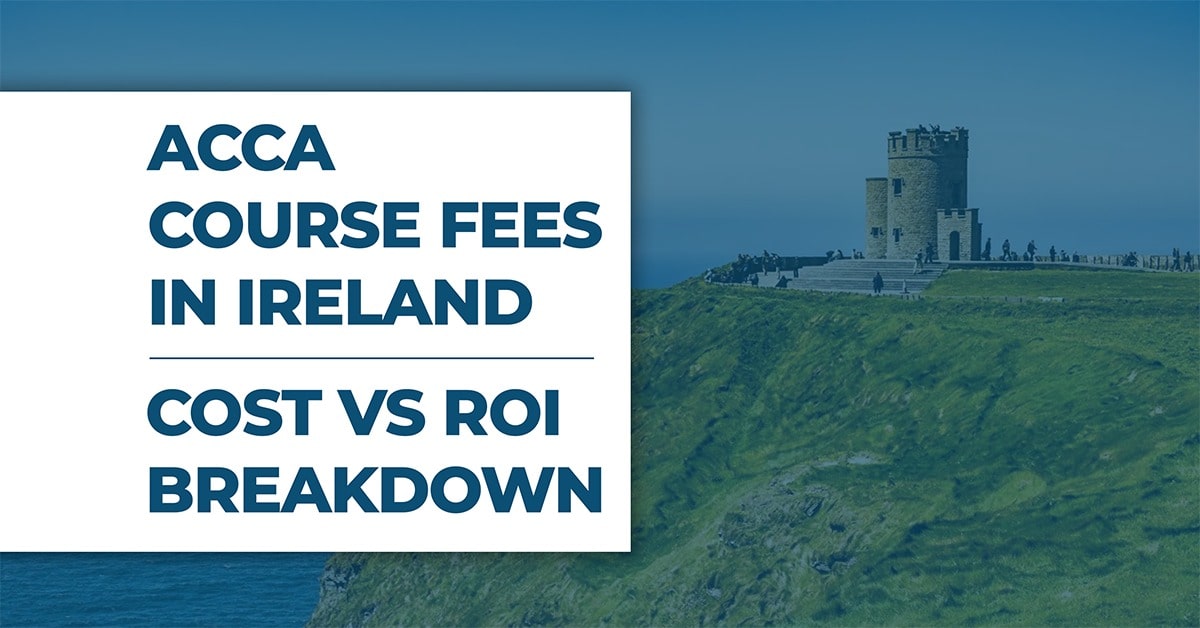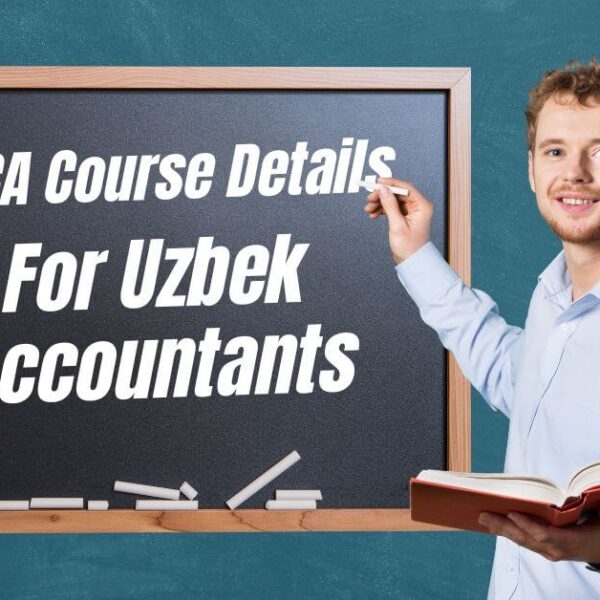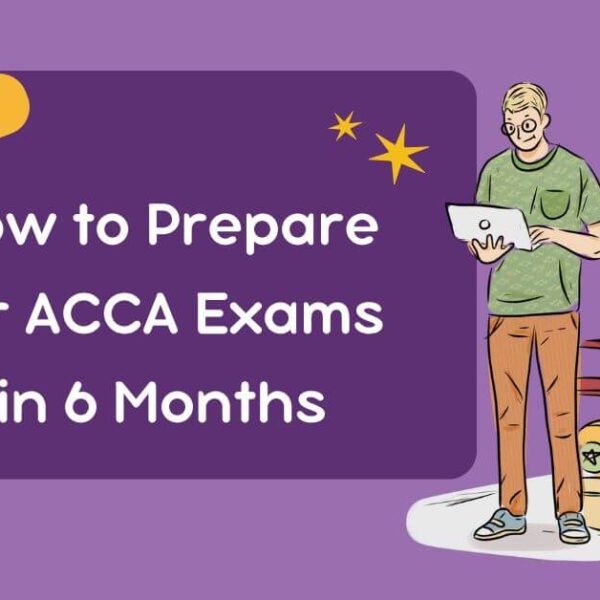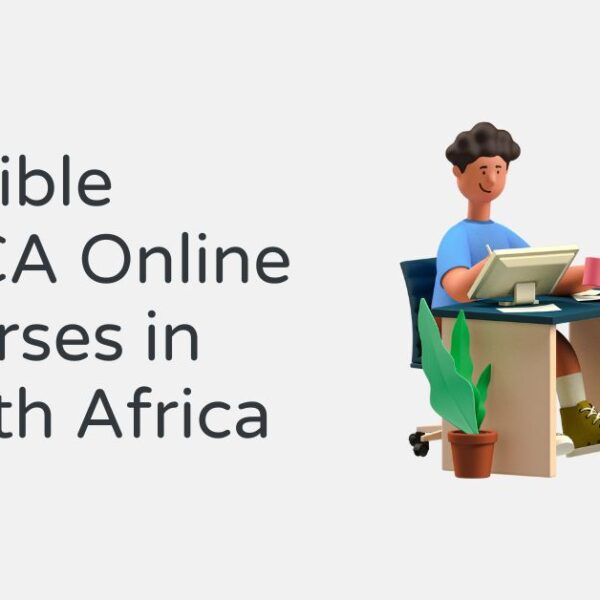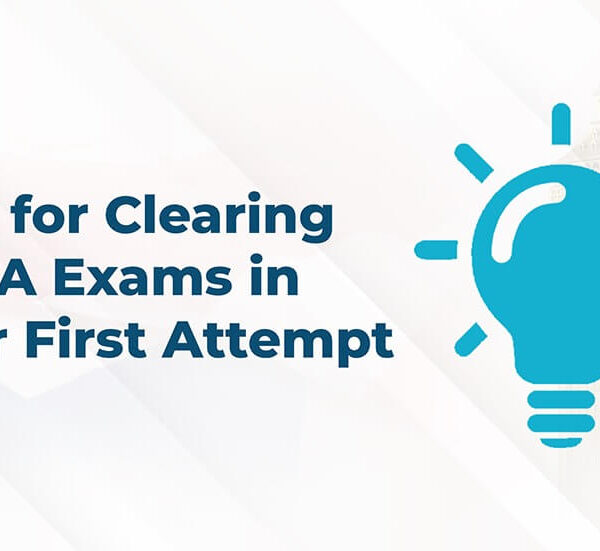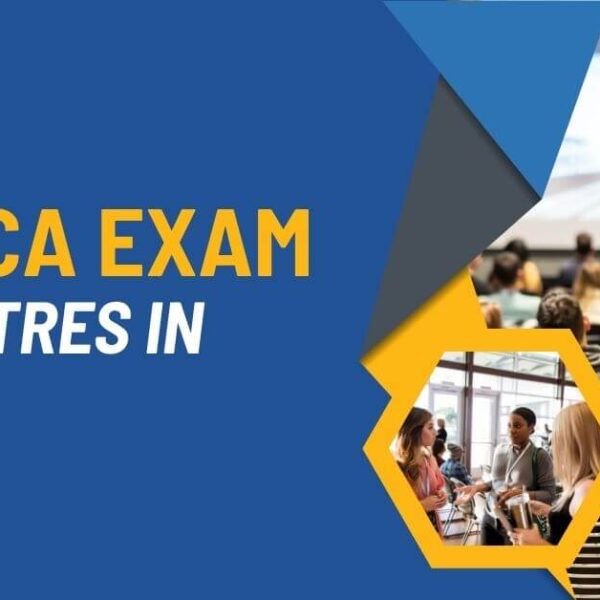For many Irish finance professionals and graduates, pursuing the Association of Chartered Certified Accountants (ACCA) qualification represents a significant career milestone. However, understanding the full financial commitment is essential before embarking on this professional journey. This article breaks down the various ACCA course fees in Ireland and examines the return on investment that successful candidates can expect.
Understanding the Complete ACCA Financial Commitment
The total cost of obtaining an ACCA qualification in Ireland encompasses several elements beyond just tuition. To make an informed decision, prospective students should consider all of these components when budgeting for their professional development.
Registration and Annual Subscription Fees
The ACCA journey begins with a one time registration fee, currently set at approximately €89. Following registration, students must pay an annual subscription of around €122 to maintain their status. These administrative fees are payable directly to ACCA and remain consistent regardless of which tuition provider you choose.
Exemption Fees
Many Irish students enter the ACCA programme with prior qualifications that may exempt them from certain exams. While exemptions reduce study time, they aren’t free. Exemption fees typically range from €89 to €122 per paper, depending on the level. A graduate with a relevant accounting degree might receive up to nine exemptions, representing a significant upfront cost but potentially shortening the qualification journey by two years or more.
Examination Fees
The cost of sitting ACCA exams varies by level:
- Applied Knowledge exams (the first three papers) cost approximately €89 each
- Applied Skills exams range from €122 to €137 per paper
- Strategic Professional exams are the most expensive at approximately €170 to €225 each
For students completing all 13 exams without exemptions, the total examination fees alone would amount to approximately €1,500 to €1,800.
Tuition Costs
The most variable aspect of ACCA expenses is tuition, which depends on the provider and delivery method chosen. In Ireland, options include:
Self Study
The most economical approach, requiring only the purchase of study materials (€30-€60 per paper) and potentially subscription to online question banks (€150-€300 annually). While this minimises direct costs, it lacks the structure and support that many students need to succeed in the more challenging papers.
Online Courses
A popular middle ground option, online ACCA courses in Ireland typically range from €250 to €500 per paper, depending on the level and the provider. These courses offer structured learning, tutor support, and practice resources while providing flexibility for working professionals.
Classroom Based Courses
Traditional face-to-face tuition in Dublin and other Irish cities generally commands premium pricing, ranging from €400 to €800 per paper. These courses offer direct interaction with experienced tutors and peer networking opportunities but require commitment to fixed schedules.
Revision Courses
Many students supplement their main study method with intensive revision courses before exams, adding €150 to €300 per paper to their total expenditure.
Study Materials and Resources
Beyond tuition, students should budget for:
- Official ACCA textbooks and revision kits (€30-€60 per paper)
- Additional reference materials and practice resources (€100-€300 in total)
- Calculator and other exam equipment (€50-€100)
The Total Investment
Adding these components together, Irish professionals can expect to invest:
- Minimum path (many exemptions, self study approach): €3,000-€4,000
- Moderate path (some exemptions, online courses): €5,000-€7,000
- Comprehensive path (few exemptions, classroom tuition): €8,000-€12,000
This investment is typically spread over 3-4 years, making it more manageable than the total figures might initially suggest.
The Return on Investment: What Irish ACCA Professionals Can Expect
While the financial commitment is substantial, the career and earning benefits of ACCA qualification in Ireland make a compelling case for this investment.
Salary Premium
ACCA qualification significantly enhances earning potential in Ireland’s financial sector. Recent industry surveys indicate:
- Newly qualified ACCA professionals in Ireland earn approximately 20-25% more than their non-qualified counterparts
- The salary differential widens with experience, with senior ACCA-qualified professionals commanding 30-40% higher remuneration than non-qualified individuals in similar roles
- The lifetime earnings premium for an ACCA qualification in Ireland is estimated to exceed €500,000
In practical terms, newly qualified ACCA professionals in Dublin typically start at €45,000-€55,000, with rapid progression to €60,000-€70,000 within a few years of qualification.
Career Advancement Opportunities
Beyond immediate salary benefits, ACCA qualification opens doors to senior positions that would otherwise remain inaccessible:
- Finance Manager positions (€65,000-€80,000)
- Financial Controller roles (€80,000-€110,000)
- Finance Director opportunities (€100,000-€150,000+)
The qualification also facilitates movement between industries and internationally, providing career flexibility that’s particularly valuable in Ireland’s outward-looking economy.
Employment Security
Ireland’s financial services sector continues to grow, particularly with post-Brexit relocations from London. ACCA qualification provides enhanced job security and employability, with qualified professionals typically finding new positions within 1-3 months if needed, compared to 3-6 months for their non-qualified peers.
Break-Even Analysis
Considering the career and salary benefits, most Irish professionals recoup their ACCA investment within 2-3 years of qualification. For example:
- Investment: €6,000 (moderate path)
- Annual salary premium after qualification: €10,000
- Break-even point: Less than one year post qualification
This rapid return makes ACCA one of the most financially rewarding professional qualifications available in Ireland.
Strategies to Manage ACCA Costs in Ireland
For those concerned about the financial commitment, several strategies can help manage the investment:
Employer Sponsorship
Many Irish employers offer partial or complete funding for ACCA studies, particularly for promising employees who commit to remaining with the organisation for a specified period after qualification. This can significantly reduce or eliminate personal financial outlay.
Tax Relief
Irish residents can claim tax relief on ACCA fees under the Tuition Fees Tax Relief scheme. At the standard 20% rate, this effectively reduces costs by one-fifth, a substantial saving over the qualification journey.
Staged Payments
Most tuition providers offer instalment plans that allow students to spread costs over the study period, improving cash flow management.
Strategic Study Planning
Careful planning of exam attempts to minimise retakes can significantly reduce overall costs. Each failed attempt essentially doubles the expense for that paper, making thorough preparation economically as well as academically sensible.
Scholarship Opportunities
ACCA occasionally offers scholarships and bursaries for outstanding candidates, while some employers have graduate programmes that include ACCA training as part of the package.
Conclusion: A Worthwhile Financial Investment
While the cost of ACCA qualification in Ireland represents a significant commitment, the financial and career returns make it a sound investment for ambitious finance professionals. The qualification’s global recognition, combined with Ireland’s strong international business links, creates opportunities that consistently deliver returns far exceeding the initial outlay.
For those concerned about managing the investment, various support mechanisms exist, from employer sponsorship to tax relief. With strategic planning and the right approach to study, the ACCA qualification remains one of the most accessible routes to a rewarding, well-compensated career in Ireland’s dynamic financial sector.
As with any significant investment, due diligence is important but for most Irish finance professionals, the question isn’t whether they can afford to pursue ACCA qualification, but rather whether they can afford not to.

